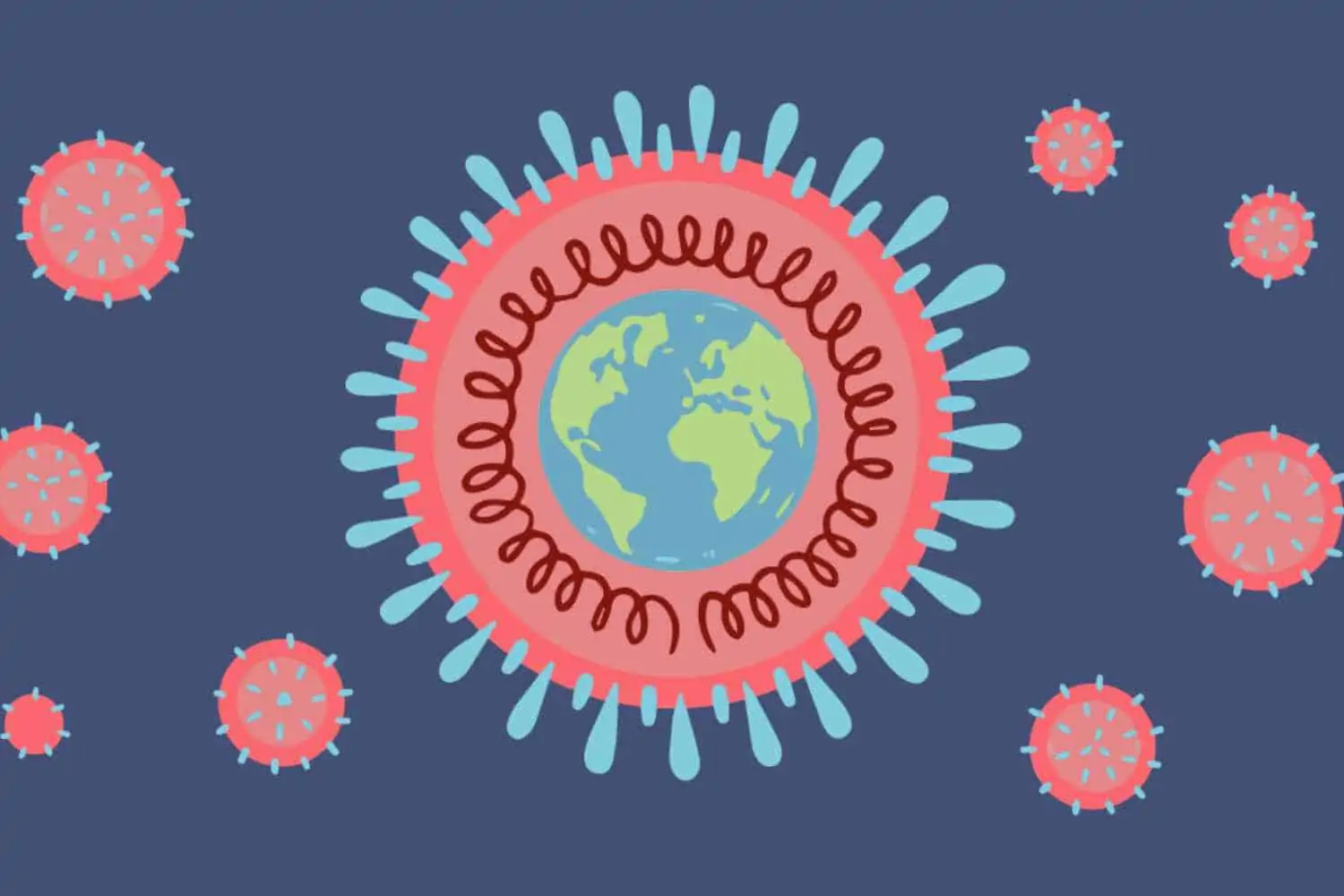The Health Department held a media briefing on Thursday, following news reports of a new COVID-19 super variant (B.1.1.529) discovered in South Africa.
COVID-19 B.1.1.529 variant: SA Health confirms details on strain
Minister Dr Joe Phaahla, along with virologists and epidemiologists provided more information on what is currently known about B.1.1.529 which, by the way, the World Health Organisation will announce its Greek pseudonym on Friday.
On the potential impact of the variant, first detected in South Africa on Tuesday 23 November 2021 but believed to have been spreading since Thursday 11 November 2021, infectious diseases doctor Richard Lessells indicated that due to the presence of 32 mutations on the variant’s spike protein (the part of the strain that latches itself onto human cells), we could be on the verge of a fourth wave.
This is, in part, due to the presence of a furin cleavage site observed in a cluster of mutations associated with “more efficient [human] cell entry.”
In other words, the B.1.1.529, like it’s first cousin, the Delta variant, may be highly transmissible.
Asked about the potential onset of harsh lockdowns, Minister Phaahla confirmed that until meetings are concluded between the National Coronavirus Command Council (NCCC), the Ministerial Advisory Council (MAC), Cabinet, opposition leaders and scientists, this weekend, the topic of restrictions remains without an answer.
However, due to the threat of transmission already observed in early tracing and lab examinations seen in the B.1.1.529 variant, international travellers coming from South Africa may be denied entry into foreign countries.
How the new variant affects vaccinated
From the available data, the health ministry confirmed that the COVID-19 super variant is spreading in Gauteng, North West and Limpopo. However, there is a high likelihood that it is spreading elsewhere in the country.
As things stand, only 22 cases have been confirmed, from tests conducted in November 2021.
What about South Africans who have been vaccinated? This, unfortunately, also remains without absolute clarity. At this time, scientists are working overtime to get a clear and complete profile of the variant.
Pertinent to their examinations is determining whether the B.1.1.529 variant:
- is more transmissible;
- reduces the protection that vaccines and natural immunity offer; and
- causes milder or more severe disease
At this juncture, it is a case of waiting for more information from the department.
